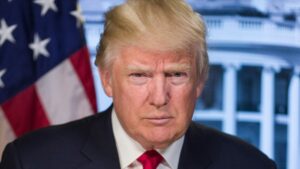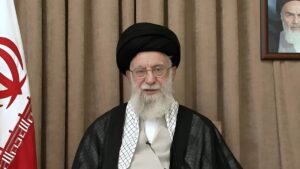Prime Minister Narendra Modi welcomed Group Captain Shubhanshu Shukla back to Earth after his remarkable journey to the International Space Station (ISS) as part of the Axiom 4 mission. Shukla spent nearly three weeks in space, marking a significant milestone for India.
PM Modi praised Shukla’s dedication, stating that he has “inspired a billion dreams through his dedication, courage, and pioneering spirit” by becoming India’s first astronaut to visit the ISS.
Successful Axiom 4 Mission
The SpaceX Dragon spacecraft, which carried the Axiom-4 mission crew, splashed down at 3:00 PM IST on July 15 after a journey exceeding 22 hours. The spacecraft undocked from the ISS on July 14, 2025, following the completion of planned activities and experiments.
In a post on X, Modi expressed, “I join the nation in welcoming Group Captain Shubhanshu Shukla as he returns to Earth from his historic mission to Space. As India’s first astronaut to have visited the International Space Station, he has inspired a billion dreams through his dedication, courage, and pioneering spirit.”
He added, “It marks another milestone towards our own Human Space Flight Mission – Gaganyaan.”
I join the nation in welcoming Group Captain Shubhanshu Shukla as he returns to Earth from his historic mission to Space. As India’s first astronaut to have visited International Space Station, he has inspired a billion dreams through his dedication, courage and pioneering…
— Narendra Modi (@narendramodi) July 15, 2025
Shubhanshu Shukla: A Trailblazer for India
Hailing from Lucknow, Uttar Pradesh, Shubhanshu Shukla is not only the first Indian to travel to the ISS but also the second Indian in space after Rakesh Sharma.
Axiom-4 Mission Crew
The Axiom-4 mission launched on June 25 with Shukla at the helm, alongside a skilled crew that includes Mission Commander Peggy Whitson from the United States, and mission specialists Sławosz Uznański-Wiśniewski and Tibor Kapu.
The Axiom-4 mission represents a landmark achievement, marking the first human spaceflight for India, Poland, and Hungary in 40 years.



